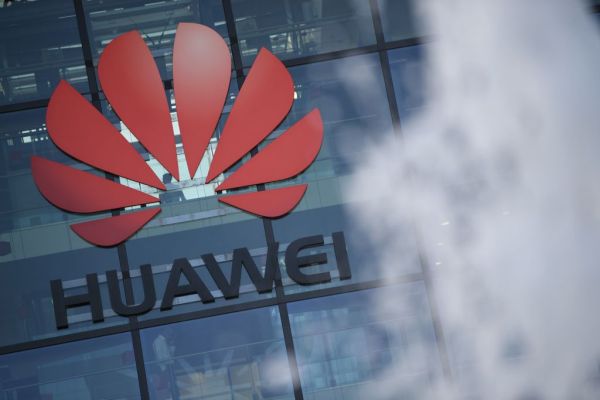US Commerce Department updates rules to further limit Huawei’s chip access - 3 minutes read
 The United States Department of Commerce this morning issued updates to a list of rules designed to restrict Huawei’s access to U.S.-based technology. The new restrictions follow a similar decree announced in May, finding the government department engaged in a game of international whack-a-mole as it looks to cut off the Chinese hardware giant’s access entirely.
The United States Department of Commerce this morning issued updates to a list of rules designed to restrict Huawei’s access to U.S.-based technology. The new restrictions follow a similar decree announced in May, finding the government department engaged in a game of international whack-a-mole as it looks to cut off the Chinese hardware giant’s access entirely.“It amends our May rule and goes at the problem of Huawei trying to backfill it,” a Commerce Department official said, following the announcement. Specifically the new rules attempt to address a kind of loophole wherein Huawei was able to do business with third-parties designing chips based on technologies originating in the United States. The specific rule will arrive later today, but the move is a clear attempt to cut off Huawei from access to semiconductors — a goal Department is making no bones about.
“Huawei and its foreign affiliates have extended their efforts to obtain advanced semiconductors developed or produced from U.S. software and technology in order to fulfill the policy objectives of the Chinese Communist Party,” Commerce Secretary Wilbur Ross said rather pointedly in a statement issued this morning. “As we have restricted its access to U.S. technology, Huawei and its affiliates have worked through third parties to harness U.S. technology in a manner that undermines U.S. national security and foreign policy interests. This multi-pronged action demonstrates our continuing commitment to impede Huawei’s ability to do so.”
U.S. Secretary of State Mike Pompeo also refused to mince words in his own statement, which referred to the smartphone maker as “an arm of the Chinese Communist Party’s (CCP’s) surveillance state” and accusing it of “continuously [trying] to evade” U.S. rules.
“We will not tolerate efforts by the CCP to undermine the privacy of our citizens, our businesses’ intellectual property, or the integrity of next-generation networks worldwide,” Pompeo wrote. “We are backing up our words with actions across the U.S. Government. The Department of Justice has indicted Huawei for stealing U.S. technology, conspiracy, wire fraud, bank fraud, racketeering, and helping Iran to evade sanctions, amongst other charges.”
Huawei has yet to comment on these new regulations, but the company has consistently denied charges of spying and direct ties to the Chinese government. While it has long been a source of scrutiny for the U.S., actions against the company have greatly intensified under the Trump administration.
This latest round of rules adds to the ever-growing Entity List an additional 38 Huawei-affiliated parties from 21 countries. In an interview with Fox Business, Ross acknowledged Huawei’s continued maneuvers following the May rule, pertaining to both hardware and software — the latter likely a reference to Android and other Google-produced apps.
The rules “led them to do some evasive measures,” Ross told the business channel. “They were going through third parties. The new rule makes it clear that any use of American software or American fabrication equipment is banned and requires a license.”
Source: TechCrunch
Powered by NewsAPI.org